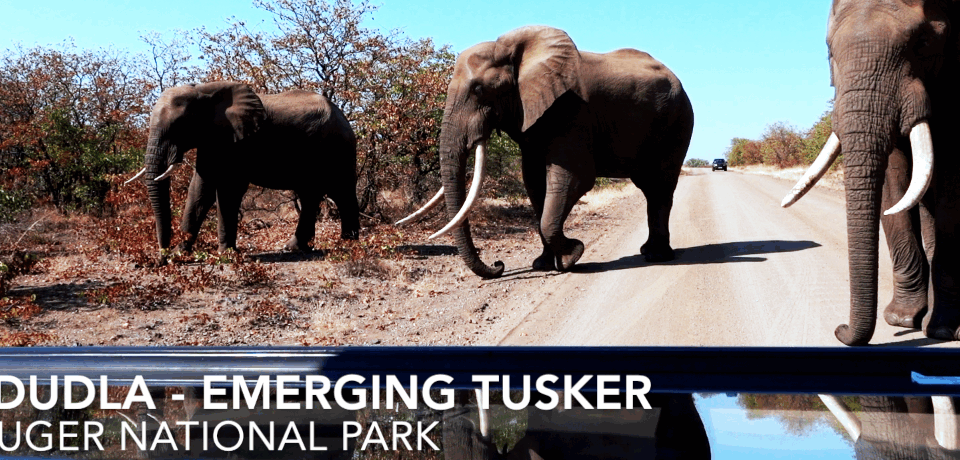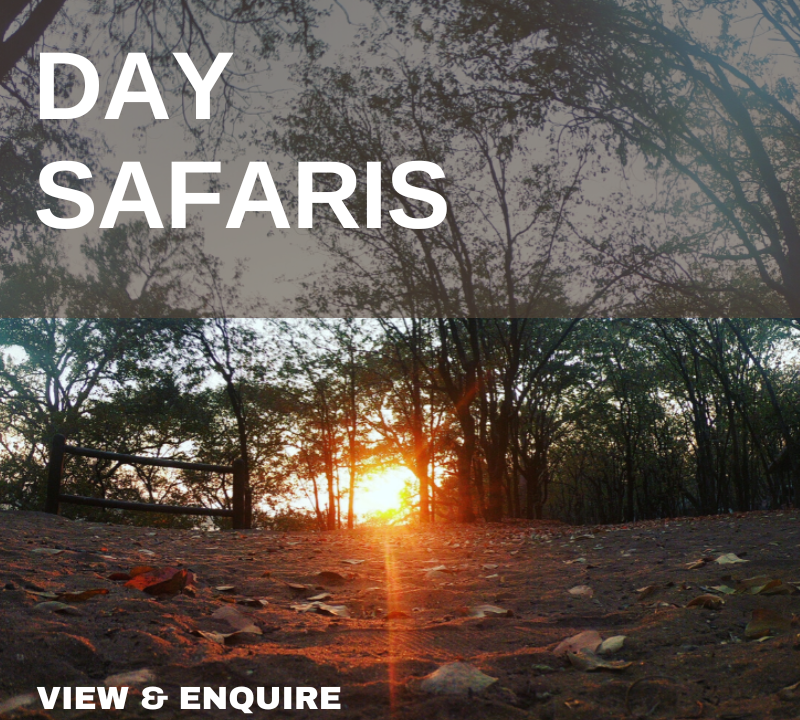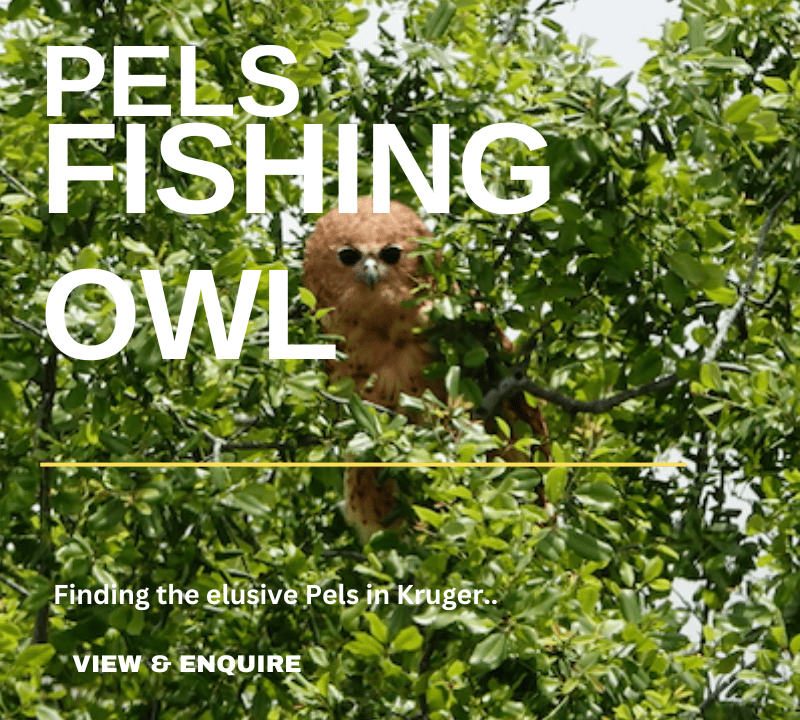Winter Safari
Winter... also considered to be the dry season, there are quite a few myths behind the colder months in the Kruger National Park and many feel uncertain if it’s the right time to come to the Park. Nothing could be further from the truth. Generally, the winter season is...
Winter Safari
April 20, 2017
Winter… also considered to be the dry season, there are quite a few myths behind the colder months in the Kruger National Park and many feel uncertain if it’s the right time to come to the Park. Nothing could be further from the truth.
View our Kruger Safaris
Generally, the winter season is considered to be between May and August although with the current change in weather patterns does mean it could get colder sooner or later. This period is when the temperatures drop, a high-pressure cell settles in and blue skies adorn the bush on a near-daily basis. It’s a period where there is little to no rain and is commonly regarded as the dry months in the bush…But let me tell you these are the best months.
These temperatures create the perfect traveling conditions to enjoy the very best of the Kruger National Park. With midday temperatures averaging around 26 degrees Celsius, and evening lows of 9,5 degrees Celsius, it’s the most temperate time of year to go on Safari.
During the winter season, the bush alters its daily ebb and flow to adapt to the change in food availability, hours of sunshine and access to water. The lack of rain means the bush isn’t as green and lush as the summer months reducing food variety for the herbivores. This shorter supply means that both grazers and browser will congregate closer to more prominent food and water sources. The outcome concentrates the game and where the vegetarians are, so are the predators.
During the winter months, the perennial watercourses as well as water holes become “the local”, and generally if your Safari guide knows his way about can time the drive to pick up on the variety of mammals living in the Park.
Yes, the winter months see more than half the Parks bird life move towards the equator and the flora is not as vibrant but on the other hand, winter brings many other benefits. These are some of the elements we love about a Kruger National Park winter Safari:
-
Cooler days making traveling easier
-
More time on the vehicle means greater possibility of sightings
-
Greater visibility in the bush makes the things easier to find
-
Winter reduces the presence of Malaria
-
Game concentration around water sources
-
Cosy evening fires with a variety of South African red wines
The moral of the story is that the label of Winter Safari shouldn’t put you off, it comes with all of the same seasonal excitement as spring and summer but packed in its own unique way.
Our Safaria vehicles are well prepared for cooler conditions and we can’t wait to show you our winter Kruger wonderland.





